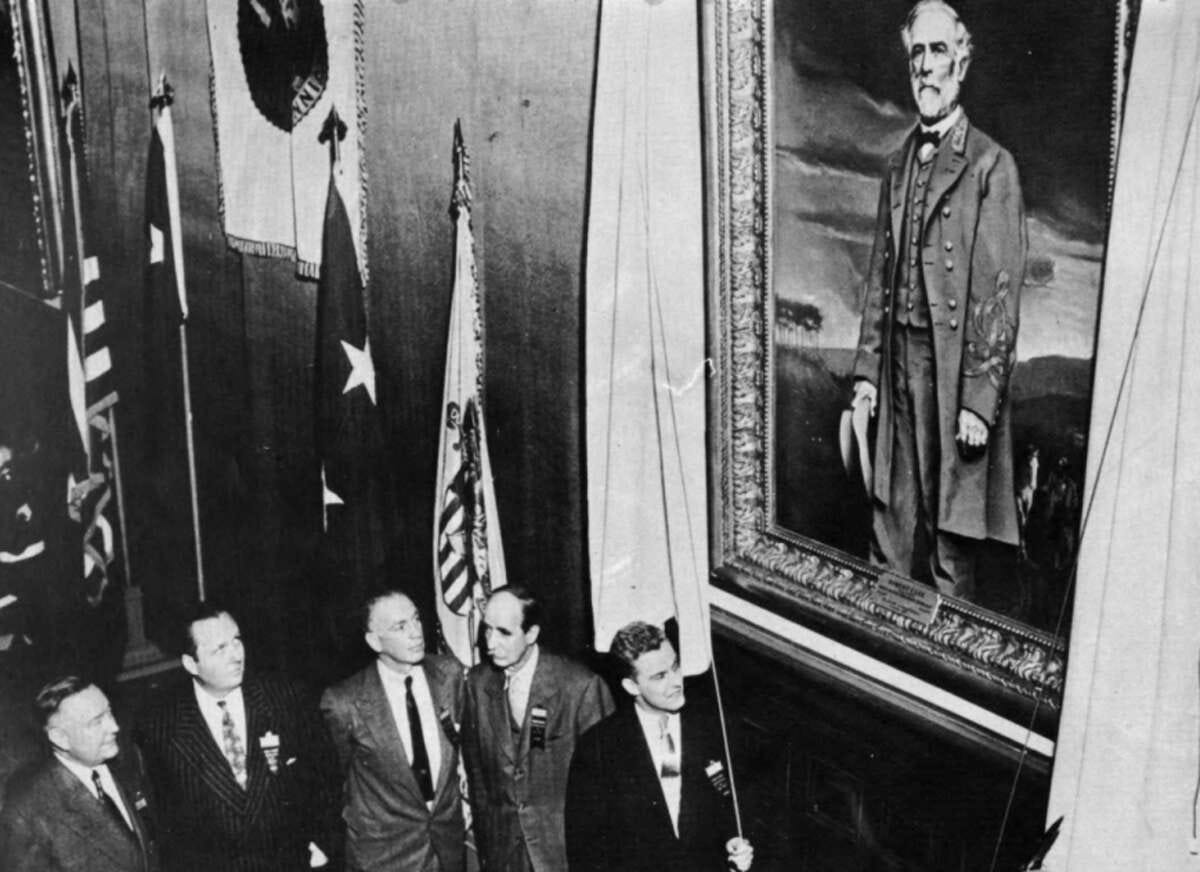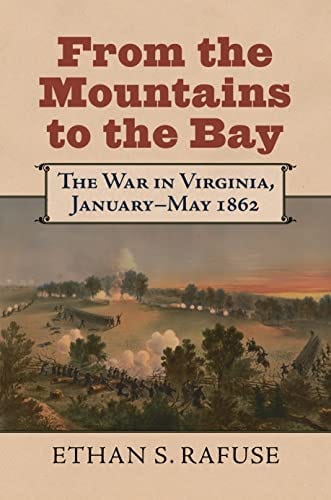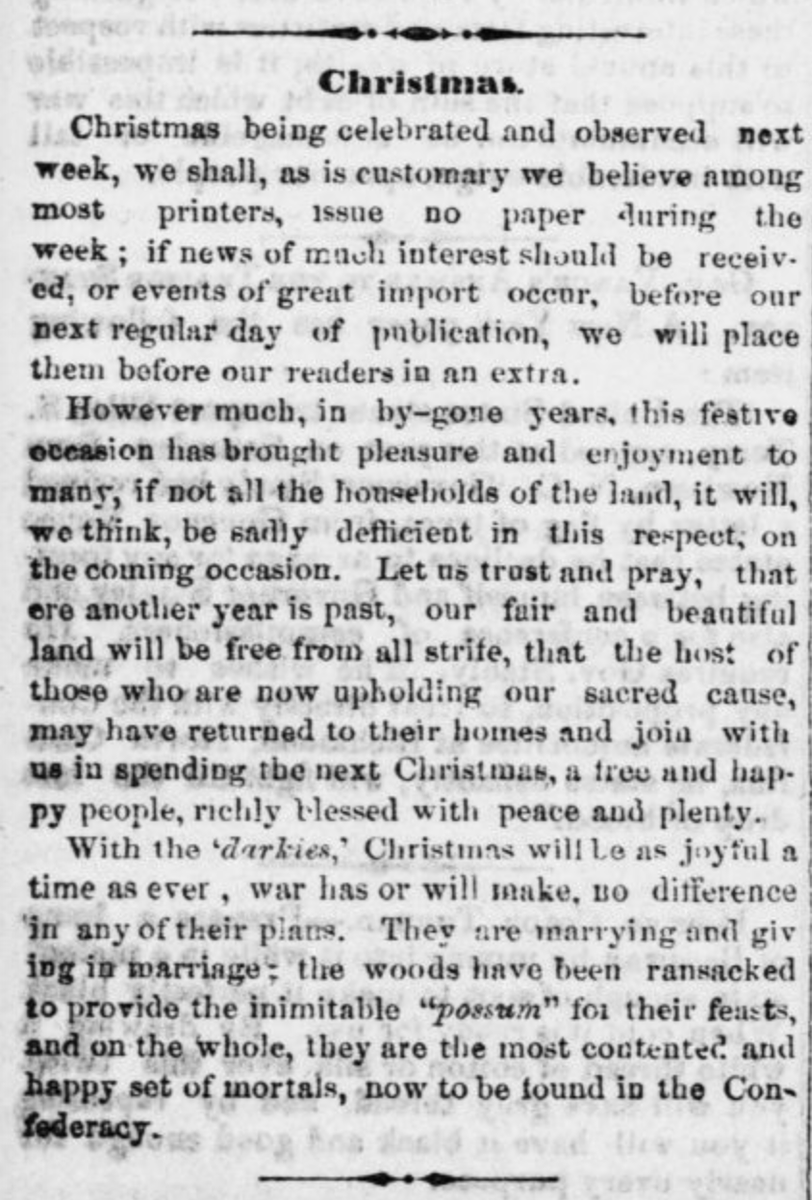Grape & Canister
Reminder: This is the last week that you can upgrade to a paid subscription at a special holiday discount. Paid members can post comments and have access to the chat room, podcast, and videos. Thanks for helping me to continue to devote the amount of time to this site that I believe it deserves.
Offer Ends on December 31.
In the News
David Blight takes on the question of whether we are headed for civil war by exploring the turbulent decade of the 1850s, including the infamous Supreme Court decision in Dred Scott v. Sanford.
He concludes:
Are today’s myriad crises somehow equivalent to the great question of slavery in late-antebellum America? Can our current rabble of loud difference still be governed? The recent midterm elections provide measures of reassurance: Most election deniers lost, although some key candidates did prevail in Colorado, Florida and Ohio, Wisconsin and elsewhere. Overall, it appears that at least small majorities in many regions prefer facts over bizarre conspiracy, democracy over authoritarianism and American pluralism over racism and xenophobia. In other Western democracies, far-right extremists win seats in national assemblies, where coalitions can constrain their ideas. But in a two-party system, the capture of one party by extremists is enough to cause great political havoc and violence — a lesson we should have learned from the destruction of our Union in 1861.
Authoritarianism is an American historical tradition, newly energized and threatening our republican existence. In coming elections, we shall see whether our 21st-century democracy will live or die honestly, whether we, too, are heading for collapse or renewal through politics, law or civil conflict. How we answer such challenges will determine whether it is 1857 again in America. Even if it is, we need to remember that antislavery advocates did not merely lay down in front of the juggernaut of Dred Scott; they mobilized and fought back — over race, rights and their future.
West Point will soon begin the process of removing symbols around campus that honor Confederate military leaders, including Robert E. Lee.
The Naming Commission’s report said that after the Civil War ended in 1865, no Confederate leader was invited to the academy until 1898. It was not until 1930 that West Point accepted and installed Confederate memorials, the report said.
The city of Roanoke, Virginia has decided to honor Henrietta Lacks in a public space that once honored Robert E. Lee.
This piece by Kyle Whitmire on the the history of education in Alabama and the continuing influence of the Lost Cause narrative is a must read.
How would you know if you grew up in a cult? It’s a question I’ve thought about a lot and I still don’t have a good answer.
Being educated in the South, especially Alabama, leaves everyone with a choice: Accept what you’ve been given without question, or spend your life wondering how much of what you’ve been taught is true.
In North Carolina an appeals court upheld an earlier decision that allowed the state to discontinue the practice of issuing specialty license plates for the Sons of Confederate Veterans that featured a Confederate battle flag.
Travel writer Julie Besonen explores some of the recent changes in the city of Richmond, including the removal of monuments and the steps it has taken to face and interpret its complicated past.
“As a Black chef, seeing a beautiful blend of people in the dining room, white people wanting to support a Black business, I get chills talking about it,” Mr. Lindsey said. “All history isn’t necessarily great history, but it’s history, and the energy here is back in a positive way.”
Videos
On Friday, President Biden signed a measure authorizing a record $858 billion for the Pentagon. The National Defense Authorization Act includes pay raises for service members, funding for ships, tanks and aircraft, and military support for Taiwan and Ukraine. But buried within the legislation is a provision giving Ulysses S. Grant a promotion to the military's highest rank.
Here is a really interesting discussion about Civil War hospitals in Beaufort, South Carolina featuring park historian Rich Condon.
In 2004 PBS American Experience aired a 2-part series on Reconstruction. It’s not as good as the more recent series directed by Henry Louis Gates, but it is still well worth your time and perfect for classroom use.
Here is Part 2.
New to the Civil War Memory Library
Beverly E. Gage, G-Man: J. Edgar Hoover and the Making of the American Century (Viking, 2022).
Ethan S. Rafuse, From the Mountains to the Bay: The War in Virginia, January-May 1862 (University Press of Kansas, 2022).
Kidada E. Williams, I Saw Death Coming: A History of Terror and Survival in the War Against Reconstruction (Bloomsbury, 2023).
Primary Sources
I recently came across the following news clip in the Western-Sentinel (Winston-Salem, NC), which was published on December 19, 1862. It’s a wonderful example of wishful thinking in the Confederacy on the eve of the New Year and the Emancipation Proclamation.






